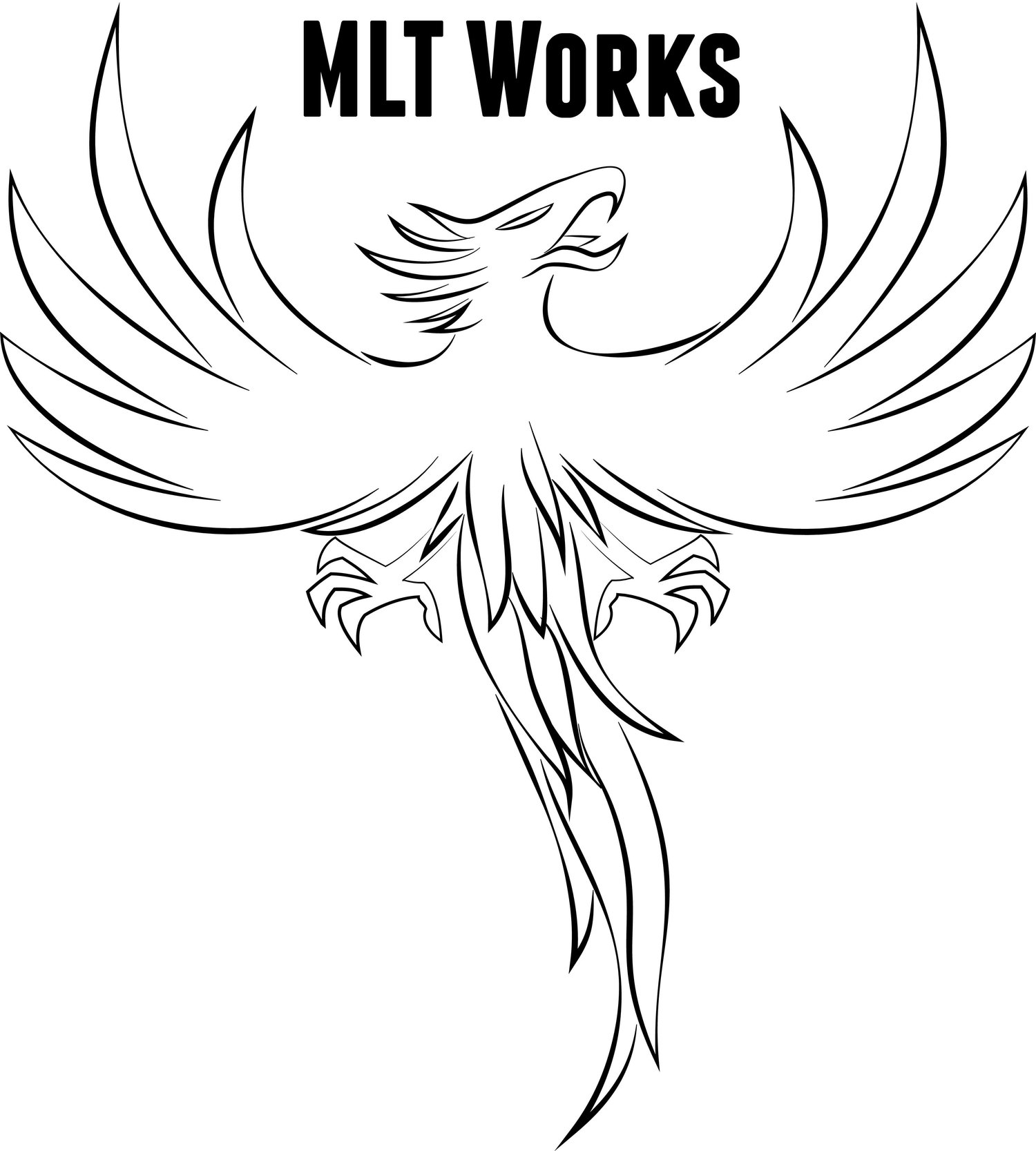Lucian's Odyssey - Greek Mythology in Forever Hollow (Part 1)
One of my favorite parts of writing Forever Hollow was getting to use a lot of Greek mythology allusions throughout the story. I love Greek myths, and it was fun putting a lot of this into the story. In this two-part blog, I’m taking a look at some of the key allusions used in the book and how they connect back to the story. Fair warning: there are spoilers to the story, so maybe read the book before you read this.
Lucian’s Odyssey - A Hero’s Journey
All of the allusion stuff gets set up early in the story when we see Lucian sitting in a restaurant reading a book, none other than Homer’s epic The Odyssey. Lucian longs to be one of the great heroes, like Odysseus, but he doesn’t seem to have the courage to be that hero, so he lives vicariously through the lives of other literary heroes and loses himself in these stories. Little does Lucian know that he’s on his own journey as a hero.
Forever Hollow takes Lucian on his own hero’s journey, and the story takes him through all the stages of a hero’s journey. The fact that he understands that there’s something wrong with society but doesn’t do anything about it calls him to action, but also shows his refusal of the call. He passes the Point of No Return, however, when Genevieve shows back and up and they are chased by GenReps. Lucian encounters allies and enemies all throughout and experiences tests of his worthiness, which he often fails. Ultimately, he does restore harmony to the land when he face the AI in Tower.
It isn’t just the plot that connects with The Odyssey. There are several nods to Homer’s great epic throughout, so here are some of my thoughts on these references.
Defying the “gods”
If you’ve ever read The Odyssey, then you know how it all begins. Odysseus’s hubris gets the best of him, and he insults Poseidon just before setting sail through the sea god’s domain. Odysseus claims that man is greater than the gods themselves and that man doesn’t need the gods. Thus begins a decade-long journey for Odysseus that should have only lasted a few months. By defying the gods in this way, Odysseus calls unnecessary attention to himself and gets himself into quite a bit of trouble.
In a similar fashion, Lucian calls unnecessary attention to himself in his own type of hubris. Although Lucian isn’t confident in his combat abilities, he does have a superiority complex. Because Lucian isn’t so reliant on technology, he’s much more self-sufficient than everyone else and significantly more intelligent than they are. At the onset of the novel, we can see his hubris in the way that he talks about the rest of humanity with such disdain.
Because of this hubris, Lucian has gotten a little carried away with his defiance of the setting’s “god”. He reads his book openly in public even though books have been outlawed. Even if Genevieve doesn’t show up to pull him into the fight, the government is still aware of his actions. He visits antique stores, reads books, openly criticizes people’s lack of intelligence. It was only a matter of time before it all caught up with him.
Nestor the Antique Dealer
Nestor was somewhat of a last minute connection in the story. The scene with Nestor and Lucian in the antique shop was actually the first scene I ever wrote for Forever Hollow, but he wasn’t Nestor. He was just an unnamed shop owner, but when I started putting together the connections to The Odyssey, Nestor just seemed to fit this character.
Nestor was an older character who often offered advice to younger soldiers in both The Iliad and The Odyssey. He is highly respected and is often the voice of wisdom in the stories, so I thought he would actually be a good name reference for Nestor the shopkeeper. Then I started writing Esther’s story, and he seemed the perfect way to bridge the gap between the two stories. Nestor became a necessary part of the story. I like taking really minor characters and making them significant parts of the larger plot. Nestor goes from an innocent, seemingly insignificant, minor character to the person who actually nudges Lucian along on his quest.
Continue to part 2.
